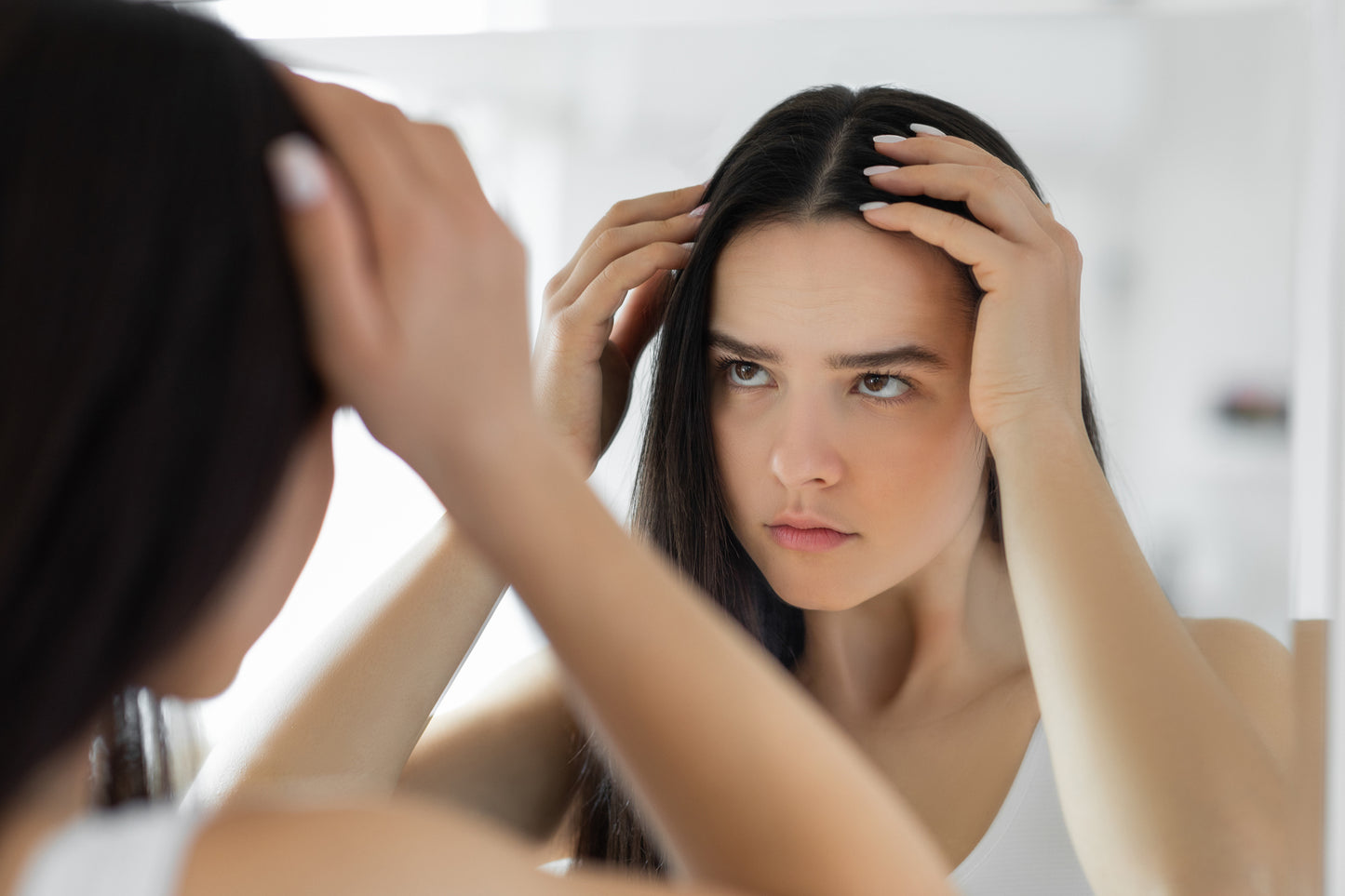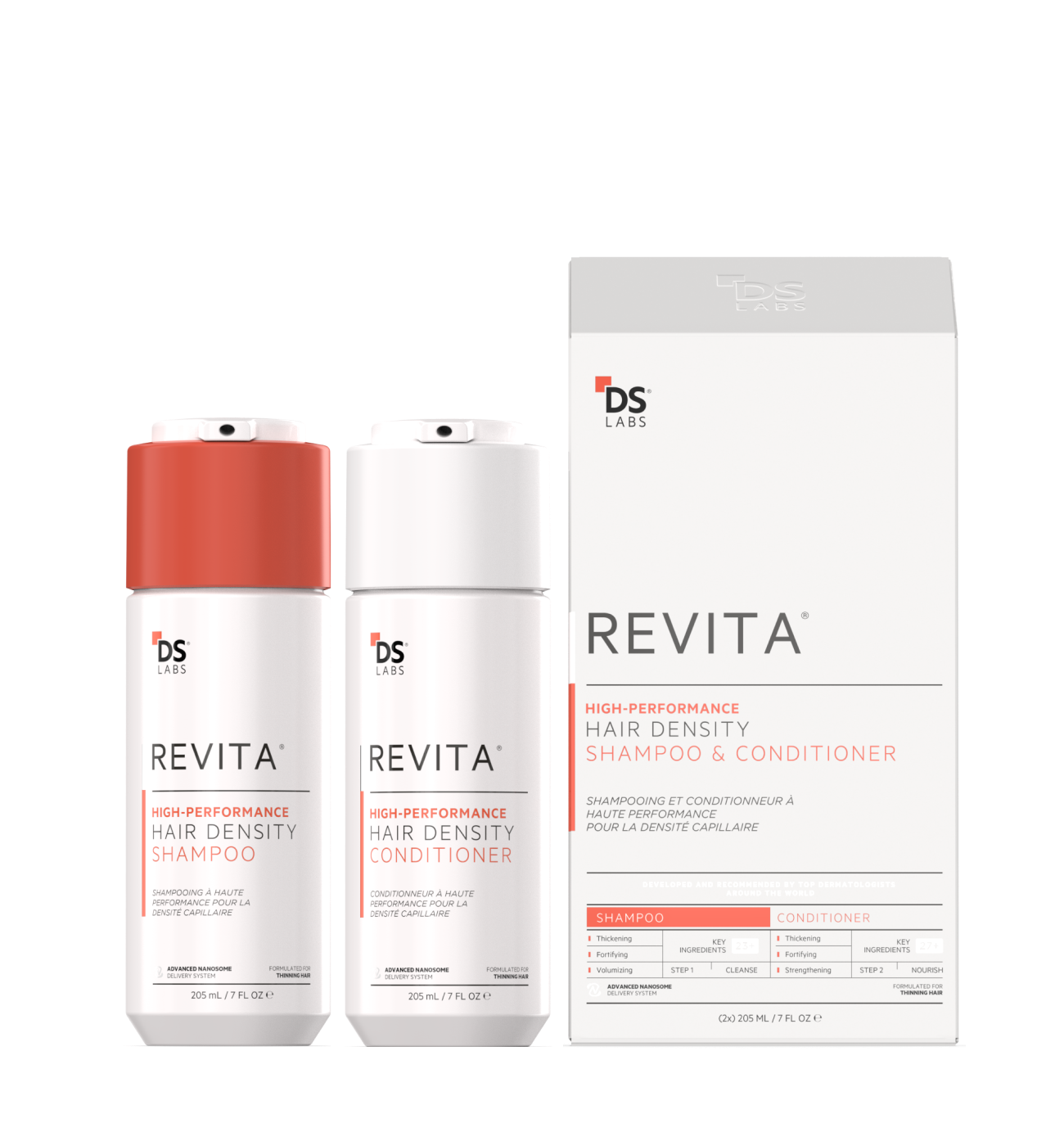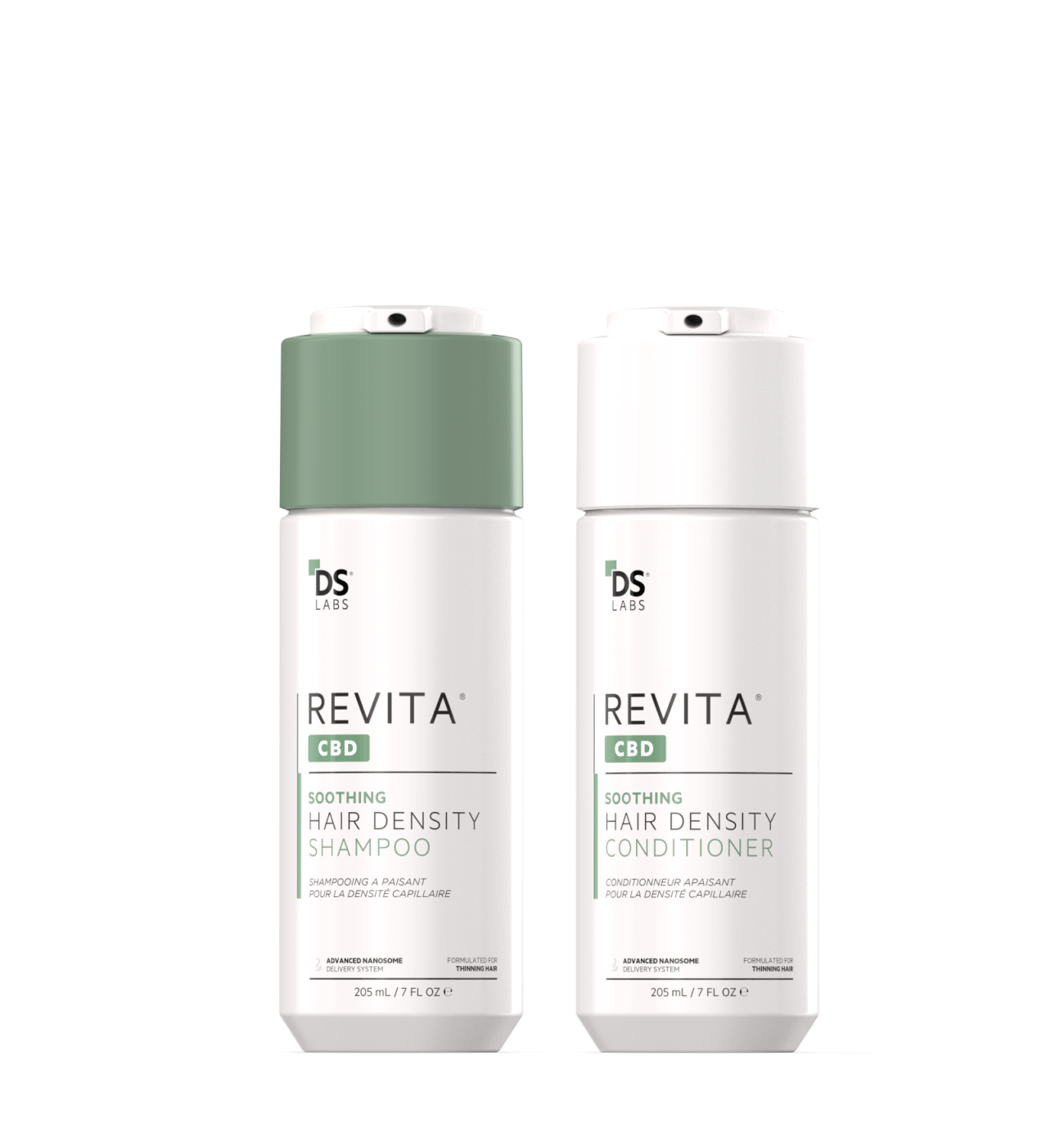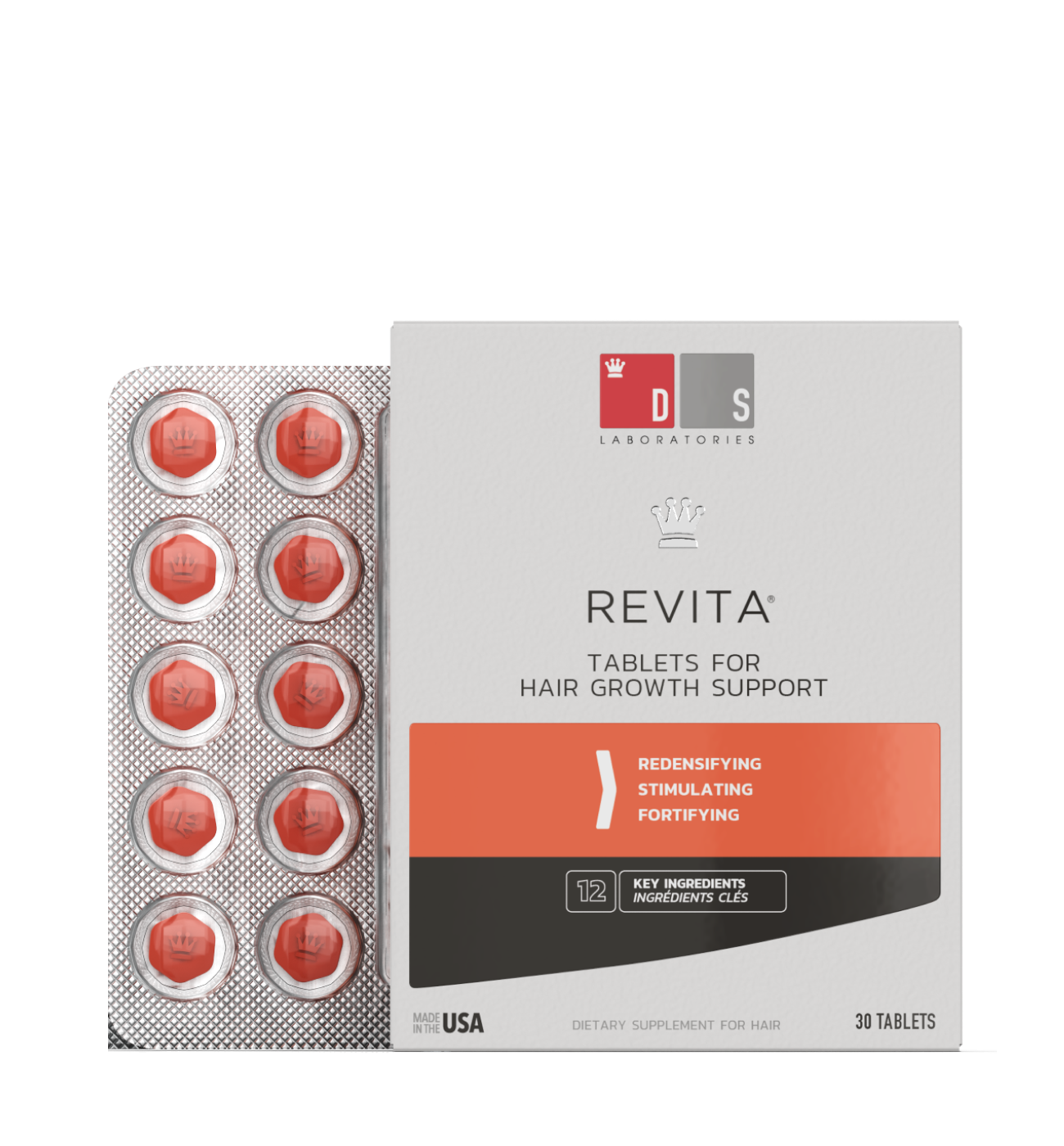Hair thinning can be a distressing experience, leading many individuals to search for quick-fix solutions or resort to habits that may exacerbate the problem. However, when it comes to addressing thinning hair, it's essential to approach the issue with care and consideration. In this blog post, we'll explore five things you should avoid doing if your hair is thinning, and instead, focus on strategies to maintain hair health and promote regrowth.
Don't Overstyle or Use Heat Tools Excessively: One of the most common mistakes people make when dealing with thinning hair is overstyling or using heat tools excessively. While it may be tempting to use hot irons, curlers, or blow dryers to achieve your desired hairstyle, excessive heat can damage the hair shaft and exacerbate thinning. Instead, opt for heat-free styling methods such as air-drying or using low-heat settings on your styling tools. Additionally, avoid tight hairstyles that pull on the hair follicles, as this can contribute to hair breakage and further thinning.
Avoid Harsh Chemical Treatments: Chemical treatments such as perms, relaxers, and bleach can wreak havoc on already fragile hair, leading to breakage, dryness, and further thinning. If you're experiencing hair thinning, it's best to avoid harsh chemical treatments altogether and opt for gentler alternatives. Consider embracing your natural texture or exploring non-chemical methods of coloring, such as henna or vegetable-based dyes. If you must undergo chemical treatments, be sure to consult with a professional stylist who can recommend products and techniques that are less damaging to your hair.
Don't Neglect Scalp Health: Many people focus solely on the hair strands themselves when dealing with thinning hair, but it's essential not to overlook the health of the scalp. A healthy scalp provides the foundation for healthy hair growth, so it's crucial to nourish and care for it properly. Avoid using harsh shampoos that strip the scalp of its natural oils and opt for gentle, sulfate-free formulas instead. Additionally, incorporate scalp massages into your hair care routine to stimulate blood flow and promote hair growth. Finally, be mindful of any scalp conditions such as dandruff or psoriasis, as these can exacerbate thinning hair and should be treated promptly.
Don't Skip Protein and Nutrient-Rich Foods: Nutrition plays a vital role in hair health, so it's essential to nourish your body from the inside out. If you're experiencing hair thinning, make sure you're consuming an adequate amount of protein, as it is the building block of hair. Incorporate lean sources of protein such as chicken, fish, tofu, and legumes into your diet to support healthy hair growth. Additionally, focus on eating a balanced diet rich in vitamins and minerals, including vitamin C, iron, and omega-3 fatty acids, which are essential for maintaining hair health.
Avoid Stress and Practice Stress-Relief Techniques: Stress is a common trigger for hair thinning and can exacerbate existing hair loss conditions such as alopecia areata and telogen effluvium. If you're experiencing thinning hair, it's essential to manage stress effectively and incorporate stress-relief techniques into your daily routine. This could include mindfulness meditation, yoga, deep breathing exercises, or spending time in nature. Additionally, prioritize self-care activities that help you relax and unwind, such as taking a warm bath, reading a book, or listening to calming music.
In conclusion, dealing with thinning hair can be challenging, but by avoiding these five common mistakes and focusing on strategies to maintain hair health, you can promote regrowth and achieve thicker, fuller hair over time. Remember to be patient and consistent with your hair care routine, and consult with a healthcare professional if you have concerns about your hair thinning or loss. With the right approach, you can reclaim confidence in your hair and embrace a healthier, happier you.














